The application of steel warehouse construction in farms
With the rapid development of modern agriculture, farms have an increasing need for storage facilities. Steel warehouse buildings are widely used on farms as an efficient, durable and environmentally friendly building form. The application and advantages of steel warehouse construction in farms will be discussed below from multiple perspectives.
1. Application background of steel warehouse construction in farms
On the farm, the storage and management of agricultural products, feed, farm tools and other materials is an important link. Although traditional wooden or brick structure warehouses can meet basic storage needs, they have many shortcomings in terms of durability, fire resistance, and earthquake resistance. With its unique advantages, steel warehouse buildings have gradually become the first choice for farm storage facilities.
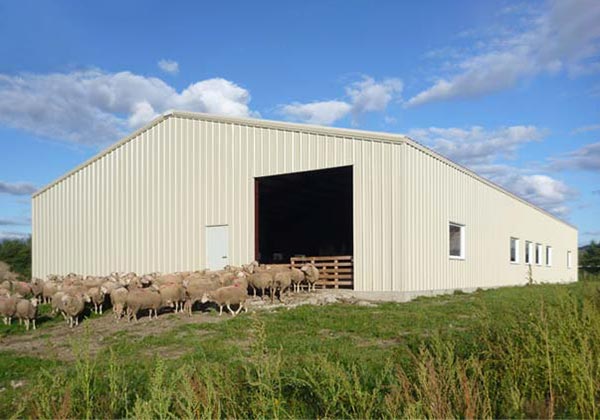
2. Advantages of steel warehouse buildings in farms
- Stable structure and strong durability: Steel warehouse construction use steel as the main building material, which has high strength and toughness. This structure can withstand natural disasters such as strong winds and earthquakes, ensuring the safety of stored materials. At the same time, the corrosion resistance of steel is also good, and it can resist the erosion of moisture, acid and alkali and other environments, extending the service life of the warehouse.
- Short construction period and high construction efficiency: The steel warehouse construction adopts a modular design and can be prefabricated in the factory and then transported to the site for assembly. This construction method greatly shortens the construction period and improves construction efficiency. At the same time, due to the lightweight characteristics of steel, construction difficulty and cost are also reduced.
- Flexible and adaptable: Steel warehouse buildings can be designed and built according to the specific needs and terrain conditions of the farm. Whether it’s size, shape or layout, it can be adjusted and optimized as needed. This flexibility allows steel warehouse construction to adapt to the actual needs of different farms, improving storage efficiency and management levels.
- Environmental protection, energy saving, sustainable development: Steel is a recyclable resource with low energy consumption and carbon emissions. At the same time, steel warehouse building do not produce a large amount of waste and pollutants during the construction process, and have less impact on the environment. In addition, steel warehouse buildings can also adopt energy-saving technologies such as thermal insulation and heat insulation to reduce energy consumption and operating costs and achieve sustainable development.
3. Practical application cases of steel warehouse buildings in farms
Take a large farm as an example, which uses steel warehouse construction as its main storage facilities. These steel warehouse buildings are not only structurally sound and durable, but also have a short construction period and high construction efficiency. At the same time, the flexibility and adaptability of the steel warehouse building also allow the farm to be laid out and adjusted according to different agricultural products and storage needs. In practical applications, these steel warehouse buildings effectively meet the storage and management needs of farm materials and improve the operational efficiency and economic benefits of the farm.
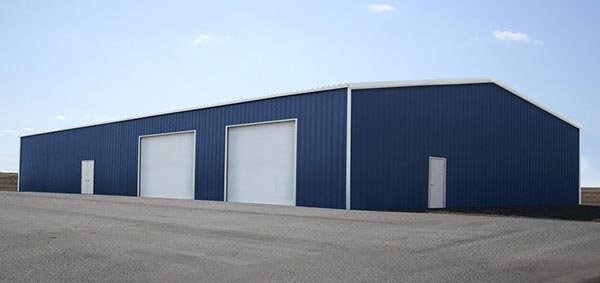
Steel warehouse buildings have wide application prospects and advantages in farms. Its stable structure, strong durability, short construction period, high construction efficiency, flexibility, adaptability, environmental protection and energy saving make steel warehouse construction the first choice for farm storage facilities. With the continuous development and progress of modern agriculture, it is believed that steel warehouse buildings will play a more important role in farms.
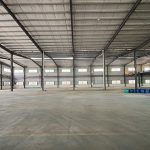
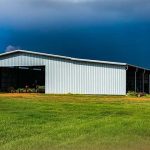
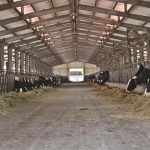
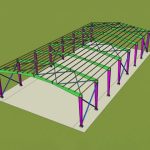

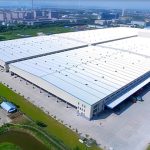
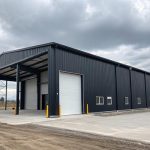
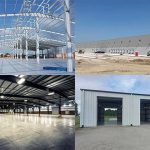
Send us the inquiry form